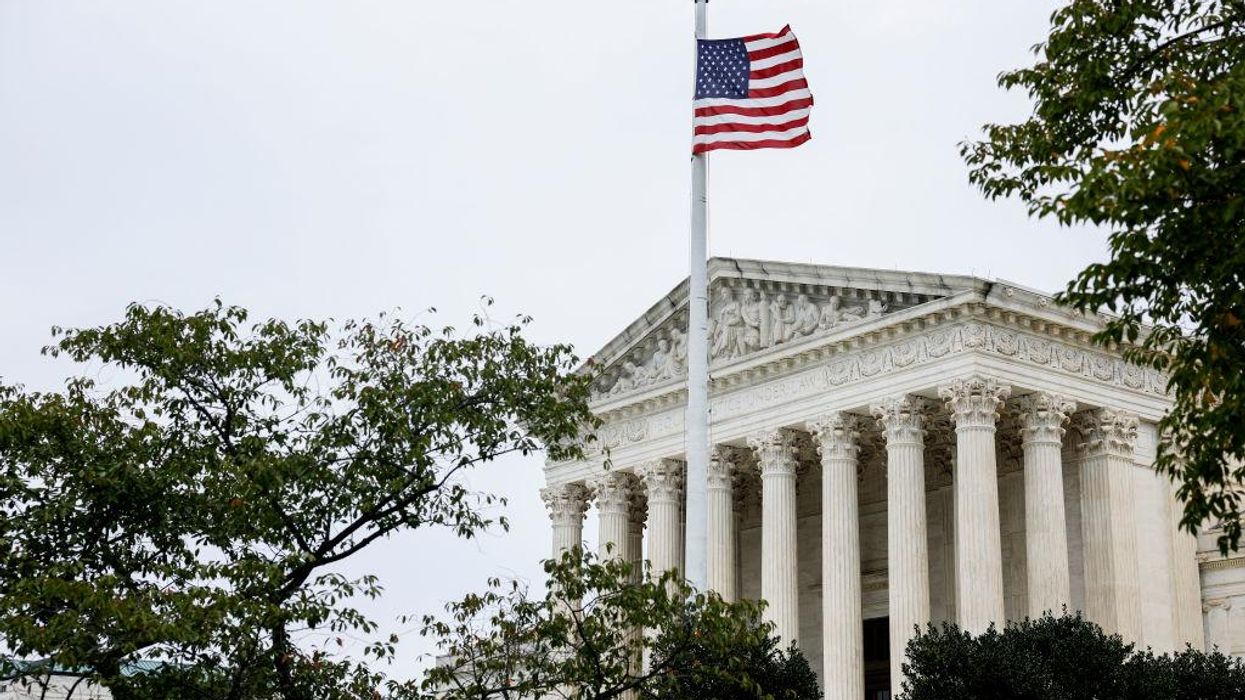
Anna Moneymaker/Getty Images

On Monday, the Supreme Court announced it will hear a case challenging Section 230 of the Communications Decency Act of 1996, the provision that protects social media companies from liability for what third parties post to their sites, reports the Washington Post.
The case was brought by the family of Nohemi Gonzalez, a 23-year-old woman from California who was killed in a 2015 ISIS attack in Paris.
The lawsuit accuses Google — which, along with YouTube, is owned by Alphabet — of materially supporting terrorism in violation of the Anti-Terrorism Act, a law that allows Americans to recover damages related to "an act of international terrorism," reports Reuters. Gonzalez’s family argues that YouTube's algorithm helped ISIS spread its militant message by recommending the group's videos to YouTube users and that YouTube’s "assistance" was a cause of the 2015 attack.
The United States Court of Appeals for the Ninth Circuit dismissed the lawsuit in 2021, relying largely on the tech companies' Section 230 protection.
In a similar case against Twitter, American family members brought suit on behalf of Nawras Alassaf, a Jordanian citizen who died in a 2017 mass shooting in Istanbul. ISIS also claimed responsibility for that attack. Alassaf’s family accused Twitter of violating the Anti-Terrorism Act by failing to remove accounts and posts related to ISIS.
The Ninth Circuit reversed the lower court’s decision to dismiss the case against Twitter. The court did not consider Twitter's claim of immunity under Section 230.
People on all sides of the political debate have found cause for criticizing Section 230 in recent years. “Democrats have faulted it for giving social media companies a pass for spreading hate speech and misinformation. Republicans painted it as a tool for censorship of voices on the right, especially after Twitter and other platforms banned then-President Donald Trump,” explains Reuters.
Where the Supreme Court comes down on the issue could have a fundamental impact on the future of online speech. “The entire scope of Section 230 could be at stake, depending on what the Supreme Court wants to do,” said Jeff Kosseff, a cybersecurity law professor at the U.S. Naval Academy.